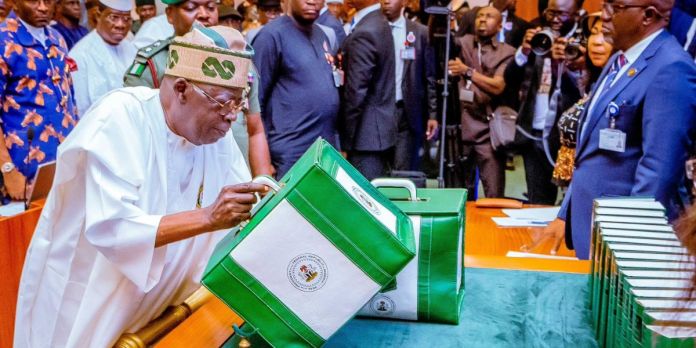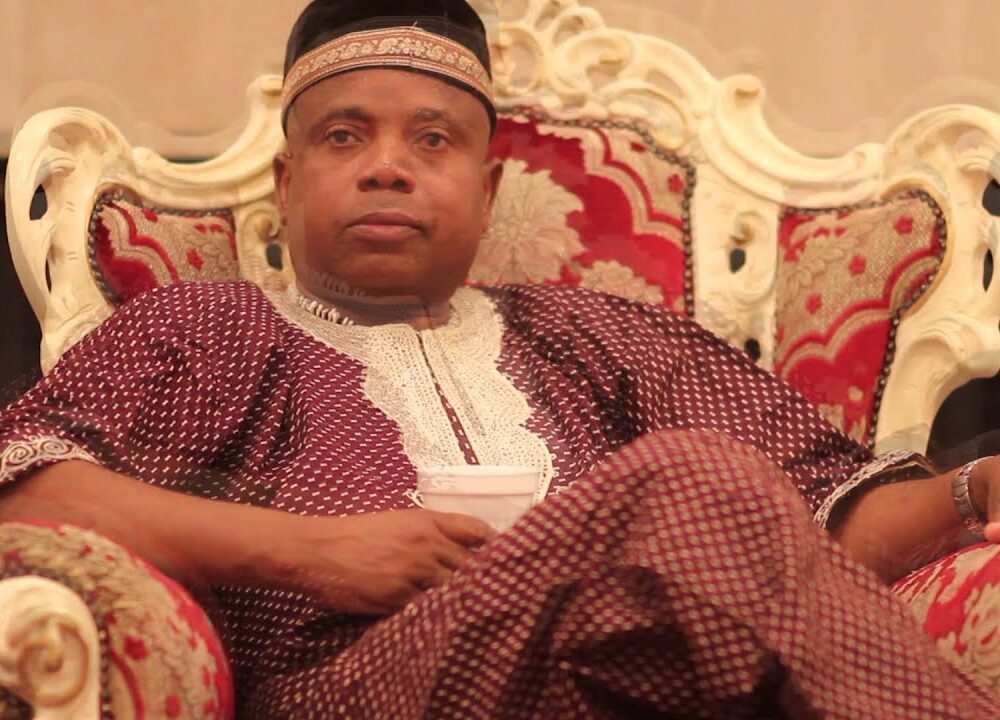On December 18, 2024, President Bola Ahmed Tinubu unveiled the 2025 Budget of Restoration, a ₦47.9 trillion spending plan designed to secure peace, rebuild prosperity, and set the country on a path toward sustainable growth. While the budget reflects a bold vision for Nigeria’s future, it raises critical questions about the feasibility of its ambitious goals, the risks involved, and the capacity to effectively implement such a vast plan.
A Record-Breaking Budget
With a 36.8% increase from the previous year, the 2025 budget sets the stage for significant spending in key sectors: defence, infrastructure, health, and education. A notable ₦4.91 trillion allocation for national security highlights the administration’s priority to curb insurgency and restore peace, while ₦4.6 trillion for infrastructure signals a commitment to improving roads, ports, and other critical assets. Education and health receive ₦3.5 trillion and ₦2.48 trillion respectively, reflecting a clear focus on human capital development.
But can Nigeria afford such expansive spending?
Revenue Generation: The Elephant in the Room
The budget projects ₦34.82 trillion in revenue, a substantial target considering the global oil price volatility and Nigeria’s consistent struggle to diversify its revenue base. Although the oil price benchmark of $75 per barrel seems optimistic amidst fluctuating oil markets, Nigeria’s dependence on crude oil remains a significant vulnerability. The government’s plan to increase non-oil revenue generation through taxes and investment in other sectors is commendable, but achieving these ambitious revenue targets will require more than just policy reform—it demands robust execution, transparency, and investment in the ease of doing business.
Managing the Deficit
The projected deficit of ₦13.13 trillion, or 3.89% of the GDP, raises concerns about Nigeria’s growing debt burden. While the government insists on borrowing to finance critical projects, such high borrowing levels could strain Nigeria’s fiscal health. Debt servicing already consumes a significant portion of the country’s revenue, and the risk of default, especially in an unpredictable global economy, is not a scenario Nigeria can afford.
Focus on Human Capital
One of the most encouraging aspects of the 2025 budget is the emphasis on human capital development. With a ₦3.5 trillion allocation for education and ₦2.48 trillion for health, the budget outlines a promising approach to improving the quality of life for Nigerians. However, these investments must translate into measurable outcomes—better educational infrastructure, accessible healthcare services, and a workforce equipped with relevant skills. Without an efficient and transparent implementation strategy, these investments may fall short of expectations.
Tackling Food Insecurity
President Tinubu’s focus on food security is particularly timely. With millions of Nigerians facing hunger and malnutrition, the government’s push to support farmers and ensure adequate food supply is crucial. This aligns with the global need for nations to prioritize self-sufficiency and sustainability in food production. However, achieving this will require tackling systemic issues in agriculture, such as inadequate storage facilities, poor rural infrastructure, and access to finance for smallholder farmers.
The Road Ahead: Optimism with Caution
The 2025 budget represents a bold attempt to address Nigeria’s pressing issues—from security to infrastructure to education. But the real question is: will Nigeria be able to execute these ambitious plans effectively? The risks are high. For the budget to succeed, the government must demonstrate unwavering political will, improve public sector efficiency, and maintain fiscal discipline.
The ultimate test of this budget will not be in its size or its promises but in its successful implementation. If the government can rise to the challenge of managing the country’s finances responsibly while delivering on its goals, the 2025 Budget of Restoration could indeed mark a turning point for Nigeria.
In the coming year, Nigerians will be watching closely to see if the budget’s bold vision becomes a reality or remains a high-risk gamble. The path to prosperity is never straightforward, but with the right leadership and accountability, Nigeria can emerge stronger from this ambitious budget.
*Babalola writes from Abuja. He can be reached at babalolalukman@gmail.com or 08037469328.





